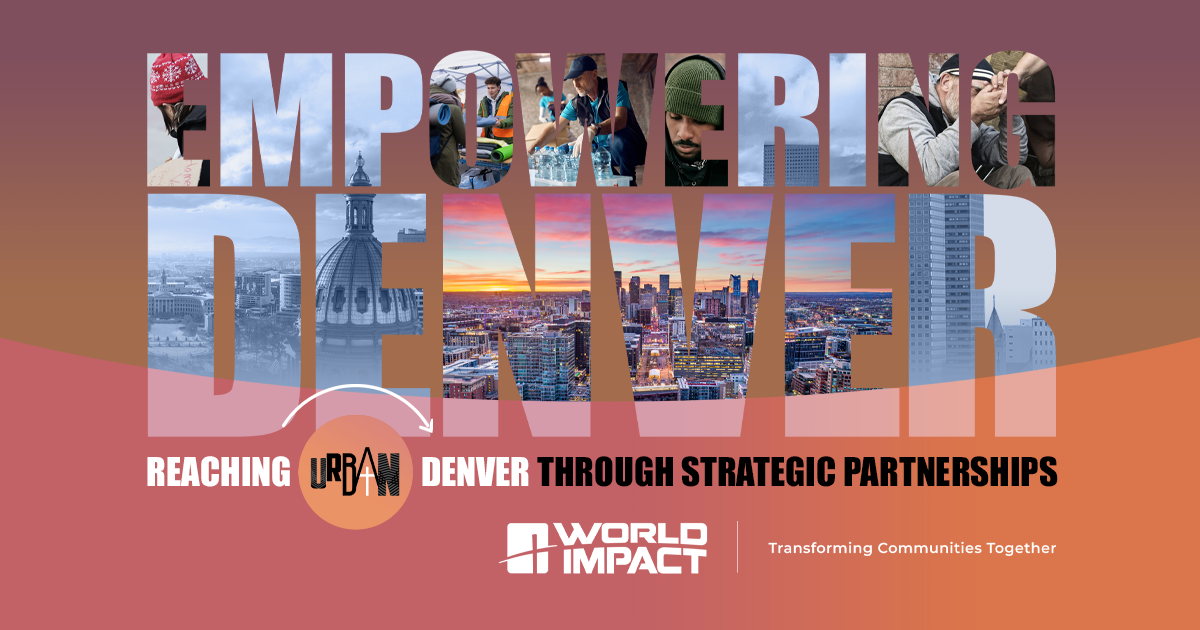If you asked the average person on the street the question, “Why should we plant churches, especially in communities of poverty?” you would undoubtedly get a range of answers:
“I don’t know what you’re talking about. What does it mean anyway to plant a church?”
“We got enough churches already, don’t we?”
“That’s a bad idea. We don’t need anymore.”
“Why do struggling neighborhoods need another church. Makes no sense!”
I’d be surprised if you ran into a person who would answer, “What a great idea! More churches in communities of poverty. That’s just what we need right now.”
I do believe that we need to plant healthy churches in communities of poverty as quickly as possible. Simply put: of all the methods that can bring transformation, healing, and justice to underserved neighborhoods around the world, nothing is as efficient, powerful, and lasting as a healthy church of Jesus Christ. How can anyone make such an outlandish claim?
To begin with, the church is central to God’s plan of redemption. Christ himself said that he would build the Church and that the very gates of hell could not stand against it (Matt. 16.18). A simple local church is an outpost of the Kingdom of God, an embassy filled with citizens of heaven who share the very life of God in a local neighborhood community (Phil. 3.20-21)! The Spirit of God indwells each member, and to this church with its pastor/elders, deacons, and members has been given the responsibility to “guard the good deposit” of the Gospel, the message that gives life to everyone who believes it (2 Tim. 1.14; Rom. 1.16-17).
What’s more, the church has historically been one of the only institutions that has ever genuinely empowered those who have been oppressed by spiritual oppression and social injustice. For instance, the Black Church in America became the epicenter of Black life, the heart of social justice for descendants of American slavery. It served as the source of genuine transformation—education, social organization, medical care, and civil justice.
Those churches planted in Black communities enriched, protected, and transformed the lives of millions who attended them, and provide a cache of leaders whose ministries would go on to impact America’s society. All this occurred because of little churches which confessed Jesus of Nazareth as Lord and brought genuine transformation to those most neglected and abused in American society.
World Impact’s vision to see “a healthy church in every community of poverty” is neither naïve nor pollyannish. Planting a healthy church in a broken neighborhood can allow God to inject his very own Kingdom life into it, with grace and love. That’s all we need to know why we’ve got to plant more churches in communities of need.
Want to get involved with urban church planting? Click here to learn more.

